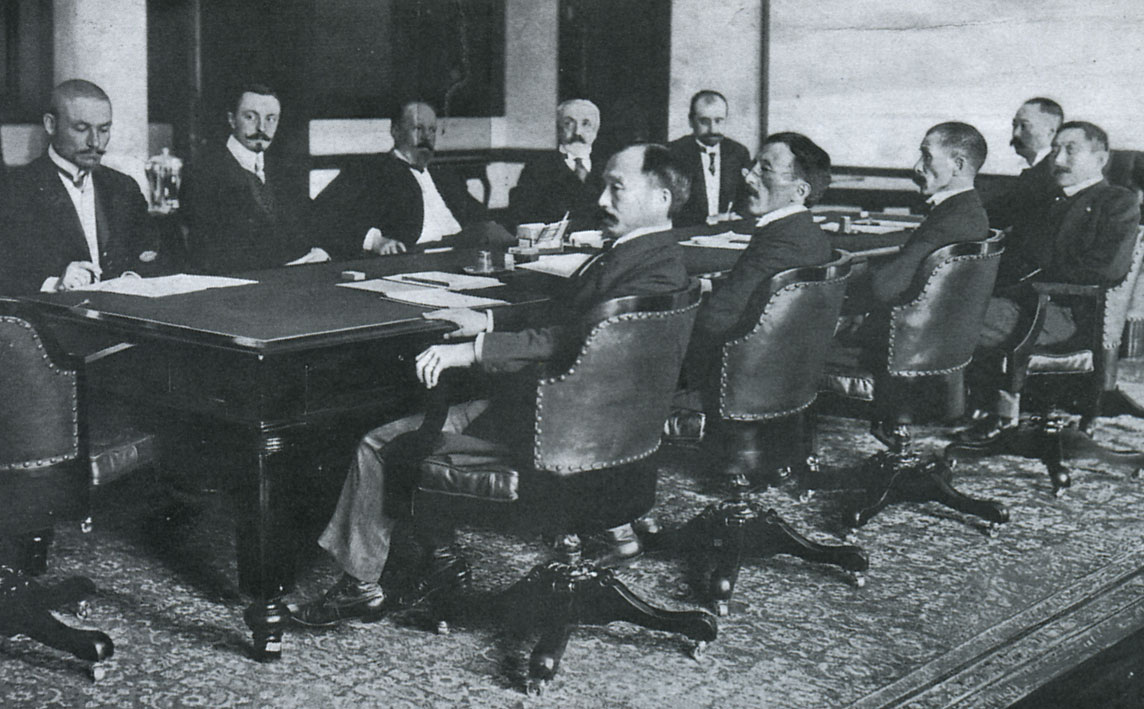Volume VIII – Number 2
Thomas M. Leonard
Abstract: The aborted 1941 America-Japanese Summit has three main schools of thought surrounding it: Internationalist or Court historians, Revisionists, and Neo-Revisionists. Each perspective holds unique problems, however all three ignore the most important factor in America’s decision to reject the summit: Political Advisor in the Far East Division of the State Department, Stanley K. Hornbeck. This essay outlines the state of affairs in 1941, and explains why, from Hornbeck’s perspective, Japanese Prince Konoye could not be trusted. In Hornbeck’s view, Prince Konoye had been involved in the creation of the Triparte Pact, the occupation of Indo-China, and threatened America’s ‘open door policy’ in China. While the potential summit held the cautious support of America’s Ambassador to Japan, Joseph Grew; Secretary of State Cordell Hull; and even President Roosevelt, Hornbeck’s influence in the State Department was all important, and his viewpoint permeated throughout Washington’s official communications, effectively blocking the proposed summit. This essay explains Stanley Hornbeck’s reasoning for opposing the summit and reveals Hornbeck as the deciding factor that blocked the potential America-Japanese Summit in 1941.
Keywords: World War II, Prince Konoye, American-Japanese Summit, Stanley Hornbeck



